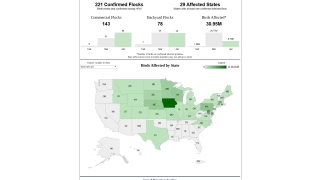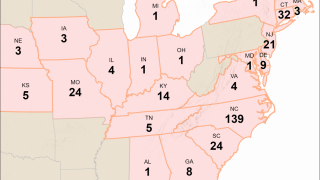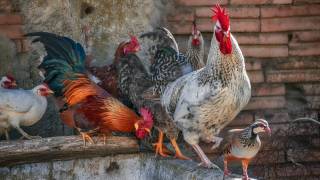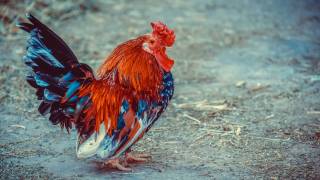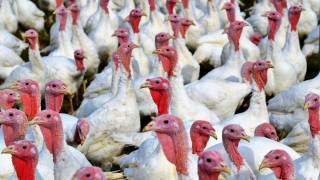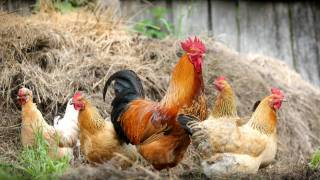Bird Flu Continues Landing in the USA
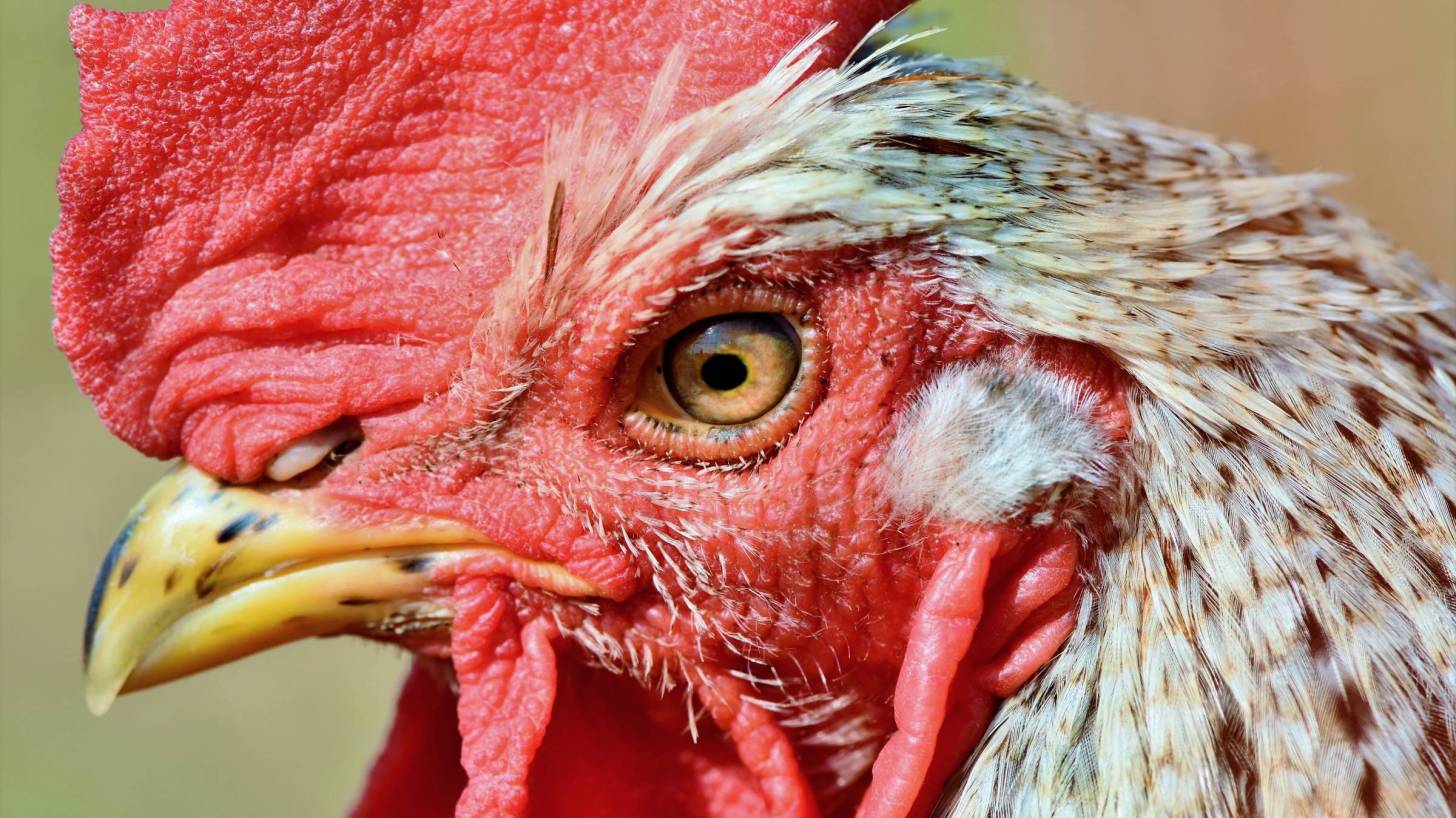
The United States Department of Agriculture’s (USDA) Animal and Plant Health Inspection Service (APHIS) confirmed on February 14, 2022, the presence of highly pathogenic avian influenza (HPAI) in birds in two U.S. states.
In Kentucky, a flock of commercial broiler chickens in Fulton County, and a backyard flock of mixed-species birds in Fauquier County, Virginia, were infected with HPAI.
APHIS stated officials quarantined the affected premises, and birds on the properties will be depopulated to prevent the spread of the disease. Moreover, birds from these flocks will not enter the human food system.
As a reminder, the USDA says proper handling and cooking of poultry and eggs to an internal temperature of 165 ˚F kills most bacteria and viruses.
Anyone involved with poultry production, from the small backyard to the large commercial producer, should review their biosecurity activities to assure the health of their birds.
The USDA is working with its partners to actively look for the disease in commercial poultry operations, live bird markets, and migratory wild bird populations.
Previously, the USDA confirmed HPAI in a commercial turkey flock in Indiana on February 9, 2022. This was the first documented case of HPAI in commercial poultry in the U.S. since 2020.
USDA stated it ‘will continue reporting these findings to the World Organisation for Animal Health and international trading partners. ‘
According to the U.S. Centers for Disease Control and Prevention (CDC), these avian influenzas (AI) detections do not present an immediate public health concern. In addition, no human cases of these avian influenza viruses have been detected in the U.S.
However, China continues to report AI cases.
The Centre for Health Protection of the Department of Health today announced it is closely monitoring two human cases of avian influenza A(H5N6) in the Mainland.
Since 2014, there have been 67 human cases of A(H5N6) reported by Mainland health authorities.
Separately, the U.K recently reported 78 cases of avian influenza H5N1 in England.
Influenza is a contagious respiratory illness caused by various viruses such as the seasonal flu, avian influenza, swine influenza, and pandemic influenza.
Avian influenza is caused by an influenza type A virus that can infect poultry such as chickens, turkeys, pheasants, quail, domestic ducks, geese, and guinea fowl and is carried by free flying waterfowl such as ducks, geese, and shorebirds.
AI viruses are classified by a combination of two groups of proteins: hemagglutinin or “H” proteins, of which there are 16 (H1–H16), and neuraminidase or “N” proteins, of which there are 9 (N1–N9).
Many different combinations of “H” and “N” proteins are possible. Each combination is considered a different subtype and can be further broken down into different strains which circulate within flyways/geographic regions.
AI viruses are further classified by their pathogenicity (low or high)—the ability of a particular virus strain to produce disease in domestic poultry.
AI cases in U.S. commercial and backyard flocks will be listed on the APHIS website.
Additional information on biosecurity for backyard flocks can be found here.
Furthermore, the U.S. CDC says the annual 'flu shot' does not prevent AI infections in humans. But there are specific vaccines available for these avian influenza diseases.
Vax-Before-Travel publishes fact-checked research-based travel vaccine news.
Our Trust Standards: Medical Advisory Committee
- USDA Confirms Highly Pathogenic Avian Influenza in a Flock of Commercial Broiler Chickens in Kentucky and Backyard Mixed Species
- CHP closely monitors two human cases of avian influenza A(H5N6) in Mainland
- Avian influenza (bird flu): cases and disease control zones in England
- ZOONOTIC INFLUENZA VACCINES 2022




